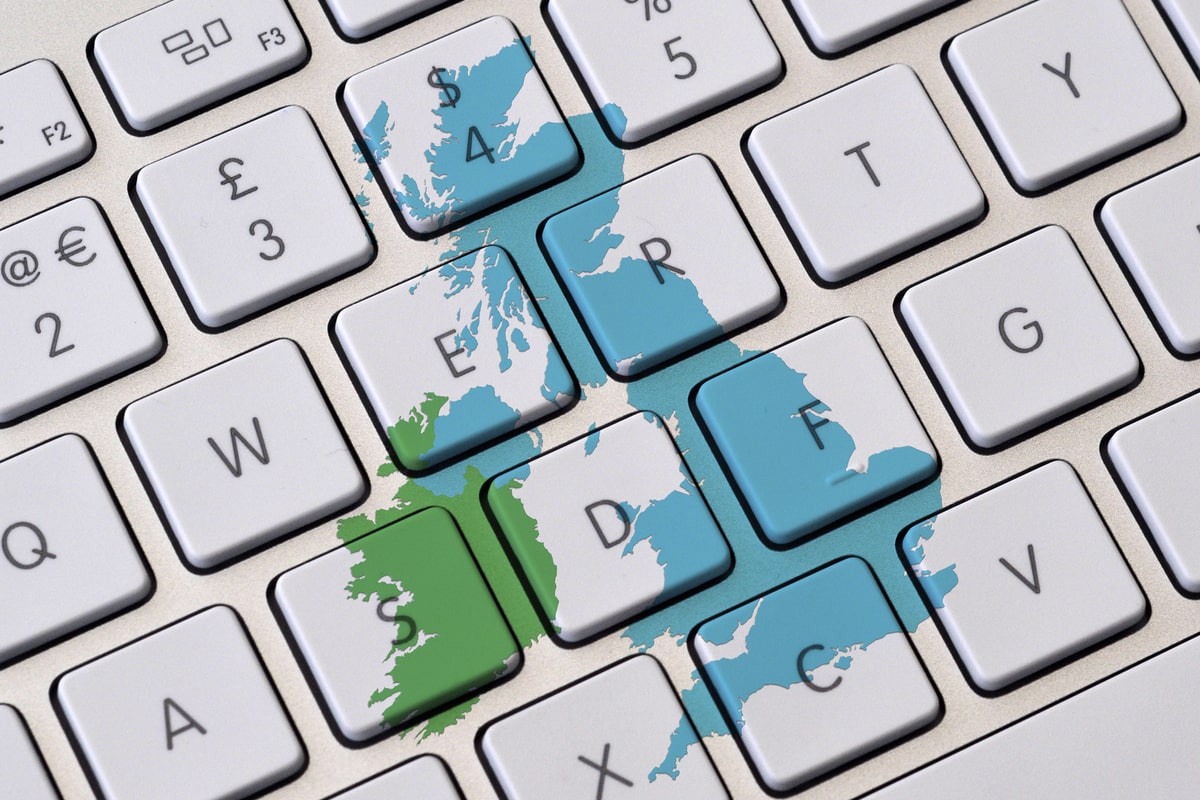Dear visitor,
You're reading 1 of your 3 free news articles this quarter
Register with us for free to get unlimited news, dedicated newsletters, and access to 5 exclusive Premium articles designed to help you stay in the know.
Join the UK's leading credit and lending community in less than 60 seconds.
Opinion: Our progress in placing 'credit invisibles' on the map
A campaign led by Experian has reduced the number of credit invisibles in the UK by more than 600,000. New data sources will continue to be instrumental in reducing this total further, explains Jonathan Westley.
The UK prides itself on building a financial industry considered to be one of the world’s most sophisticated – a global innovator of next-generation products and services. However, a shockingly large number of people remain excluded from the mainstream financial system.
The extent of the issue is vast. It’s estimated that around 1.5 million adults in the UK are unbanked. As Covid-19 sweeps through the nation, it continues to have a swift and severe impact, with 40% of people experiencing a pandemic-related income shock.
While some can fall back on their savings or access credit to soften the blow, it can be much more damaging for those who are financially excluded. The consequence can be severe and far-reaching – affecting people’s education, health, and housing.
Often, financial exclusion can result from having little or no credit history or identity information available. In 2018, we ran some analysis which estimated that there were 5.8 million adults in this position. That’s 5.8 million adults who are virtually ’invisible’ to the mainstream credit economy.
With little or no information available to make an informed decision, lenders consider the ’invisibles’ to be high risk and can only offer them financial products at higher rates, if at all.
Since we first conducted the analysis, we have been tireless in our campaign to improve credit visibility and have made huge strides in this area. New data sources and their integration into credit reporting has been instrumental in moving us forward.
Over the past three years, we’ve added data from telecoms, fintechs and other sectors to bolster people’s credit reports. Most notably, Monzo and BT now report data to Experian.
As a result, we have reduced the number of ’credit invisibles’ by over 620,000. But while we should be incredibly proud of this effort, 5.2 million people remain credit invisible. It’s therefore essential that we continue to play our part in reducing this population even further.
The release of our latest update coincides with Experian’s fifth year supporting Credit Awareness Week. The event is particularly pertinent this year, as people continue to struggle with the coronavirus pandemic’s financial implications, which has undermined the resilience of many.
Our analysis shows that almost a third (32%) of the Invisible population are under 30. While understandable, the trend is concerning. Not only have young people had less time to establish a credit record, but they are also among the hardest hit by the pandemic and the most in need of affordable credit.
So, what next? We believe that introducing new and appropriate data sources is fundamental and will continue to work with the industry to unlock these opportunities. Government data sets, such as council tax, HMRC income and universal credit, could also be valuable to help tackle financial exclusion.
Further to this, open banking holds vast potential to facilitate authorised data sharing between financial services providers. This is already helping lenders to understand people better and make more informed decisions on their affordability.
Recently launched, Experian Boost uses technology to factor bank transactional information into their credit scores. The service can be used to thicken credit reports, potentially tipping the balance between someone being refused and accepted for credit.
While we’ve come a long way already, there is still far to go – and we’re now battling strong economic headwinds. The pandemic will undoubtedly test the financial resilience of many people. It’s now more important than ever that the industry works together to make credit invisibles, visible.
Stay up-to-date with the latest articles from the Credit Strategy team
Get the latest industry news
 Jonathan Westley
Jonathan Westley





